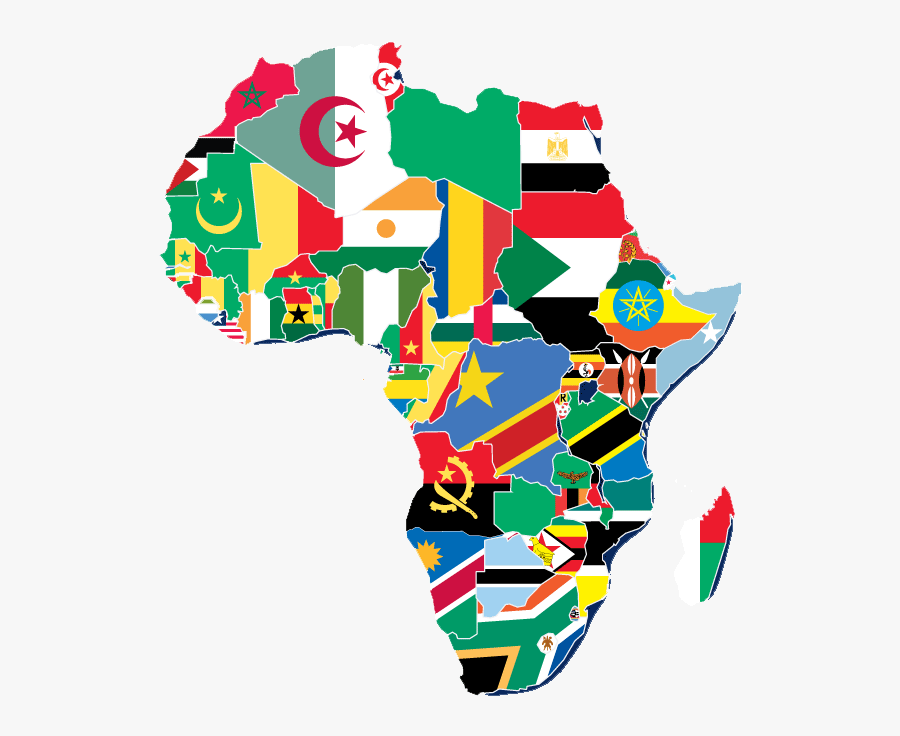Sometime in 2017, towards the middle of autumn, I saw something that changed the way I see Africa forever. It was a person. I was posing for a photograph, with the Ugandan writer and filmmaker Dilman Dila behind the lens, when an excited Asian-looking boy interrupted our struggle for the right angle. We were attempting to capture the University of Iowa’s historic Capitol building against a disobliging sun.
“Are you from Sudan?” He asked, and I was amused at once by his awareness of a place called Sudan in a country where even far-reaching media outlets still get the geography of the world’s second-largest continent wrong.
‘No, I’m from Nigeria.’ I said.
‘Me, from Sudan. I’m from Sudan.’ He didn’t show the mischief a prankster, and then he added, ‘I have this too, many,’ touching my garment – a jallabiya.
I thought it’d be rude to question his claim to being Sudanese, and so we just shook hands and watched him leave. It bothered me, that identification, that confidence, that pride in being what I wouldn’t have considered him.
A few days later I ran into him in a Thai restaurant on the campus, and then I decided to fact-check his identity. He’s ancestrally Chinese but at least the last three generations of his family were all born in Khartoum, and now they all identified as Sudanese. He couldn’t speak Chinese and had never been to China.
‘Are you an African?’ I asked after a lengthy chat, almost sounding like an interrogator. But I think he understood my confusion and tolerated the curiosity.
So when I found myself discussing “Who is an African?’ at a roundtable as a participant in University of Iowa’s International Writing Program, the Chinese boy’s pride in identifying as African made it impossible for me to agree with my colleagues who attempted to present the African as a sort of racial identity; an identity of the dark-skinned people, ignoring the space of my fellow panellists, Algeria’s Majda Bali and Egypt’s Ghada Al-Absy, on the continent.
At the event, the world-renowned Kenyan writer, Yvonne Adhiambo Owuor, and I were coherent in rejecting the African as an identity attributable only to people of our skin colour, disagreeing with a participant who offered that non-black person can’t be African, and emphasised that Africa is not a village but an aggregation of several colours. I was outraged that we were debating Africa as though we were colonial-era black activists.
I had also been stirred by the experience of a South African-born student of the mostly-white institution. He shared that at their orientation as international students, students of same nationalities were asked to rise for recognition, and when it was South Africa’s turn, he and an Asian student stood up to identify as South Africans and that the Asian – whom he later confirmed was of Chinese parents – didn’t budge when his “fellow” Chinese rose in honour of China.
Remembering another encounter with a darker-skinned stranger from Papua New Guinea who immediately rejected my reference to him as African on the basis of his skin colour, I could not bring myself to endorse a mindset that frustrates the Chinese boy’s liberty to choose this piece of land as his too, and with a right to be identified by the word “African” which, as the irony goes, is a foreign word.
The argument that Africa was primarily black is similar to America being primarily Red Indian. Only that Africa was not even entirely black, its doors had been open to all colours for as far back as history takes us. Yet, today, the European descendants of Columbian America identify simply as American in national, racial and geographic discourse and archiving.
So, I don’t think there’s any confusion about what Africa is and what it has become. We are all children of migrations and conquests, and the old Africa, often cited as a collection of empires and nation-states, never considered themselves one or the same – or a race. For colourism, alongside linguistic and geographic borders, was an institutionalised and well-documented barometer of separations. There was never “the African” before it was coined to describe the Berbers and Nubians and Arabs of the continent now known as Africa.
As we follow in the footsteps of our ancestors, and migrate, and integrate, from Addis Ababa to Zurich and from Agra to Zaria in a fast-shrinking world, we carry with us an identity difficult to contextualise. Because that elegantly dark-skinned Papua New Guinean is only as African as the Caucasian you chance upon in a coffee shop in New York.

 Join Daily Trust WhatsApp Community For Quick Access To News and Happenings Around You.
Join Daily Trust WhatsApp Community For Quick Access To News and Happenings Around You.


